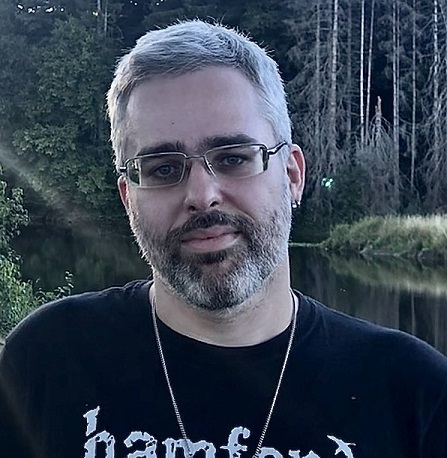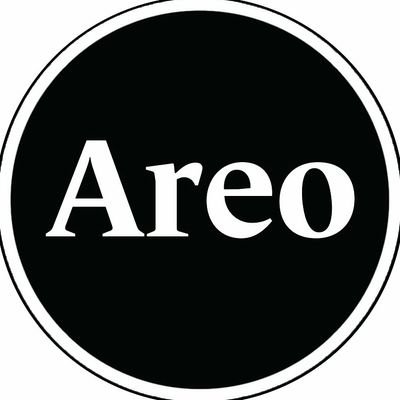Censorship on Facebook and YouTube (20/06/2019)
Facebook is a private company: therefore, it can enforce its rules without having to ask anyone for permission. Changes in policies do enrage a few users, but, overall, Facebook has managed to keep growing and increase its value. Nevertheless, being a private company doesn’t mean you shouldn’t listen to the public (in a more meaningful way than just sporadically asking people to click accept after a policy change). Facebook provides a public service and has more users than there are people living in most countries in the world, yet it is fairly unaccountable for its actions.
Normally, Facebook answers only to the investors and companies who flood the network (and its parent social media company, Instagram) with ads. That needs to change. Facebook is indeed a private company, but it provides a vital public service and, as such, must be accountable to both governments and its users.
Facebook has recently banned some far-right users from the platform, as a way to tackle fake news and extremism, but, if Facebook is a public square, in which people can engage in debate, the decision seems problematic. In a world that too often depends on online communication, preventing someone from using such communication amounts to censorship: it forbids that person from speaking in a public forum, to anyone willing to hear. We are giving too much power to a single company, which can prevent people from exercising their freedom of speech—a power it can turn against anyone at any time.
Full article at Areo’s website. Date of publication: 13/06/2019.



Deixe um comentário